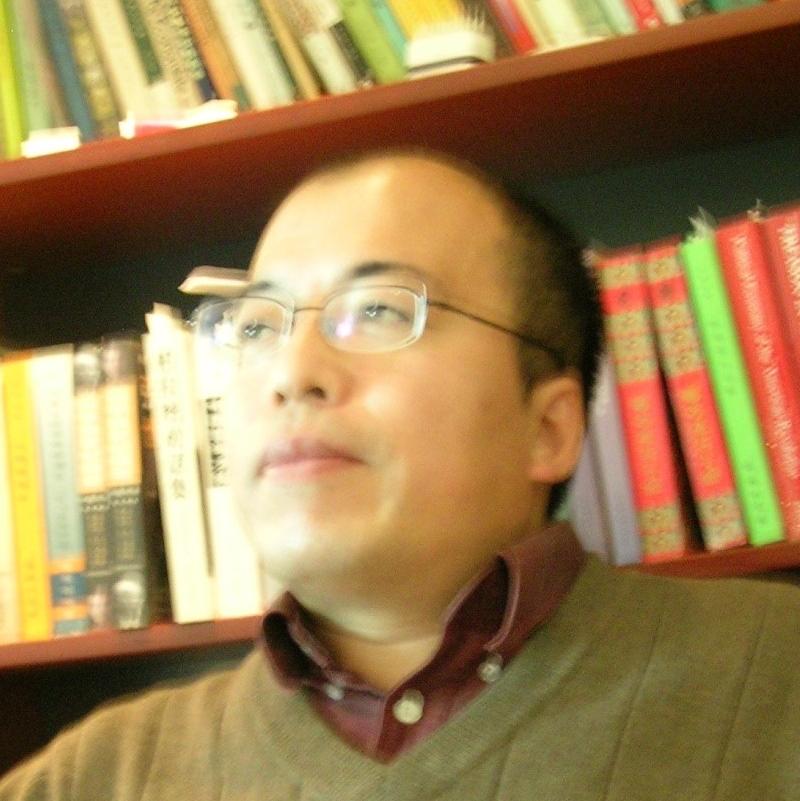Chinese president Xi Jinping attended the annual meeting of the 2017 Davos World Economic Forum and delivered a keynote speech, showing the way for economic globalization at a time of uncertainties.
Xi’s maiden presence at the forum has far-reaching significance.
With a small number of leaders of major Western countries getting protectionist, populist, unilateralist, isolationist, and hegemonist in foreign policies, and engaging in beggar-thy-neighbor, self-centric zero-sum games, world economy and politics witness dramatic rise in complexity, instability and uncertainty, humanity has to choose between pressing ahead with globalization, or backpedaling.
Xi’s speech focused on adhering to and improving globalization and multilateral cooperation, maintaining healthy, steady global economic development, providing precious positive energy for the international community, further highlighting China’s commitment to global governance and “human community of shared destiny”. The speech was a fitting response to the forum’s main theme: Responsive and responsible leadership.
The speech had four points:
First, defending globalization, putting forward four measures for adapting to and guiding economic globalization.
With vivid examples, Xi refuted the demonization of globalization, stating it is neither consistent with facts, nor conducive to problem-solving to simplistically blame the problems upsetting the world on economic globalization. Pointing out the “double-edged-sword” nature of economic globalization, Xi proposed to reap the benefits and avoid the damage: 1. adapt to and guide economic globalization, offset its negative impacts, make it better serve every country and nation; 2. through proactive, proper management, rebalance the process of economic globalization; 3. wisely choose the path to and rhythm of engaging in globalization in accordance with national conditions; 4. with due attention to fairness, let different nations, stratums and groups share the benefits.
Second, proposing “four models” of countermeasures based on a precise diagnosis of the root causes of long-term economic stagnation.
There are three reasons for the bleak status quo: 1. globally insufficient dynamism can’t support continuous, steady growth; 2. backward global economic governance can’t keep up with latest developments; 3. imbalanced global development failed to live up to people’s anticipation for better lives. The corresponding “prescription” therefore include four points: 1. turn innovation into a new driver, and create vigorous new growth models; 2. strengthen coordination and connectivity, and formulate open, win-win models of cooperation; 3. advance with the time and build fair and reasonable governance models; 4. stick to fairness and inclusiveness, and work out a balanced, universally beneficial development model.
Third, stating China is a beneficiary of and contributor to economic globalization, expounding “Chinese contributions” and “Chinese opportunities” with figures.
China’s rapid economic growth provided continuing, powerful motivation for global economic stability and growth. China’s development has facilitated development of a great number of countries, making global economic development more balanced. China’s tremendous achievements in poverty alleviation have made global economic growth more inclusive. China’s adherence to reform and opening-up contributed important driving force for an open world economy. In the next five years, China will import $8 trillion worth of goods, attract $0.6 trillion of overseas investment, invest 0.75 trillion overseas, and outbound travel from China will reach 700 million person-times. This means a broader market, more sufficient funds, more colorful products, and more precious opportunities for cooperation for the rest of the world. Xi emphasized that China will always keep its doors open to the rest of the world, and expressed hope that other countries will do the same to Chinese investors.
Fourth, promoting the One Belt, One Road initiative, presenting a major opportunity for countries along the “belt and road”, as well as world economic growth.
Chinese firms have invested more than $50 billion in countries along the “belt and road”, a series of major projects have spurred local economic progress and created lots of jobs. Xi announced China will host a “belt and road” international cooperation summit in Beijing in May, in a bid to facilitate international cooperation and find solutions to the current problems facing global and regional economies.
One more point, Xi’s speech to some extent signals a shift in world power and global economic leadership.
Xi’s speech took place against the background of profound global changes, i.e. multi-polarization of major powers, multilayer of relative powers, pluralization o f international actors, diversification of major country interaction, and multiplication in China’s identities. It was particularly important for China to inject positive energy as economic globalization faces strong headwind from the US.


